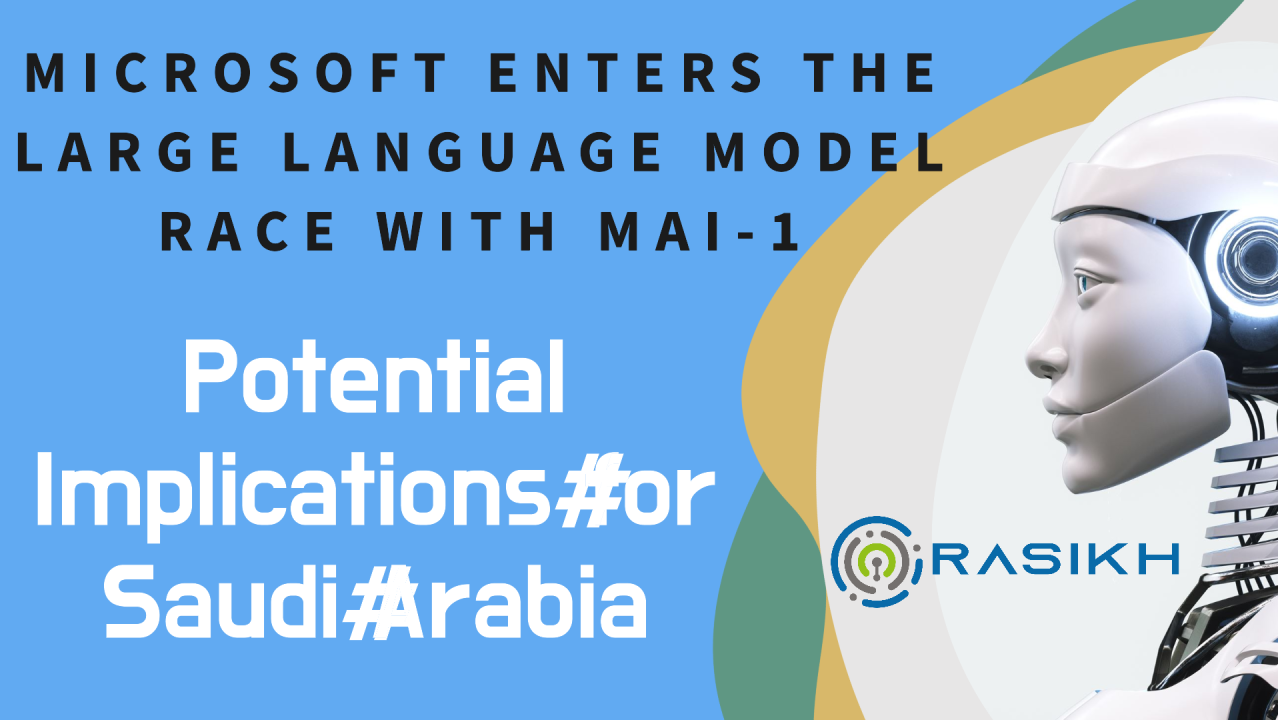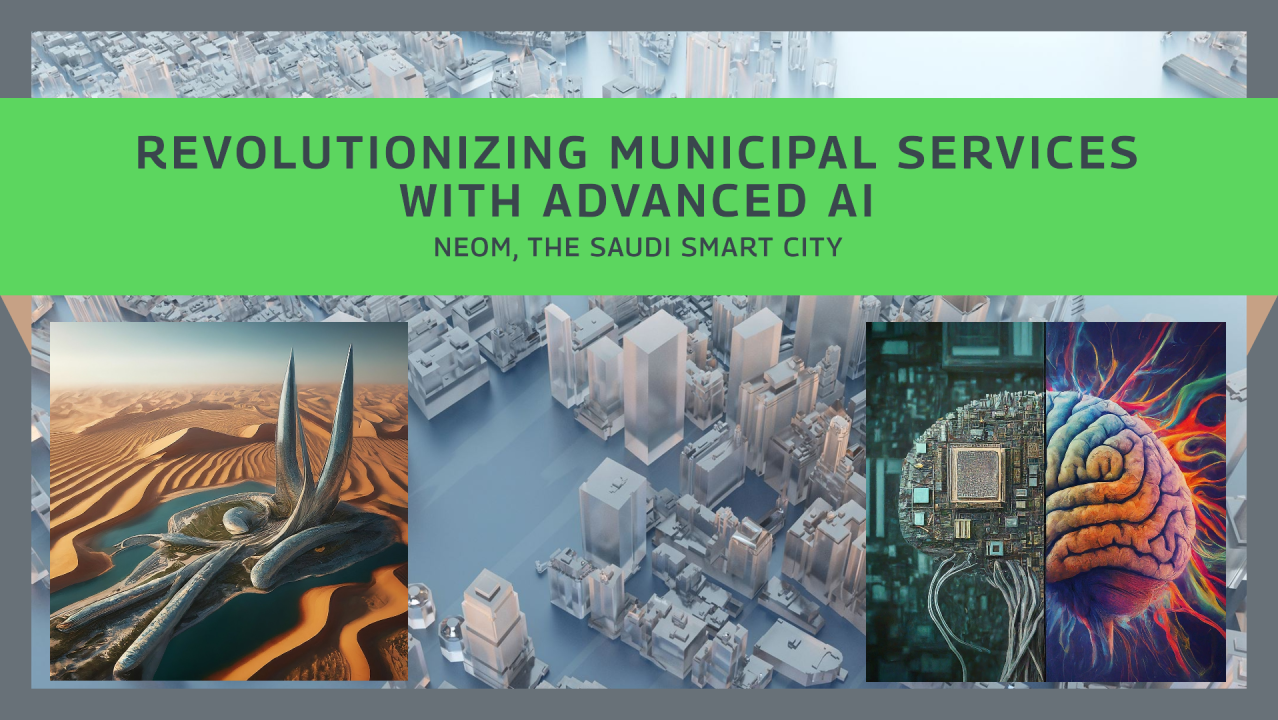The world of artificial intelligence (AI) is witnessing a fierce competition in the development of large language models (LLMs). Microsoft’s recent entry with the colossal MAI-1 (boasting 500 billion parameters) is a significant development, placing it alongside giants like OpenAI’s rumored GPT-4. This news holds potential implications for the Kingdom of Saudi Arabia (KSA) in its pursuit of technological advancement.
The Power of Large Language Models:
LLMs like MAI-1 possess the ability to process and generate human-like text, potentially revolutionizing various sectors in Saudi Arabia:
- Arabic Language Processing: MAI-1 could be adapted to improve Arabic language understanding and generation, crucial for developing AI tools catering to the region.
- Government Services: Streamlining government services through AI-powered chatbots or document processing could enhance efficiency and accessibility for Saudi citizens.
- Education and Research: LLMs could personalize learning experiences, translate educational materials, and assist researchers in analyzing vast amounts of data.
- Economic Diversification: Advanced AI tools can support Saudi Arabia’s Vision 2030 goals by facilitating innovation in sectors like healthcare, finance, and manufacturing.
Challenges and Considerations:
Despite the potential benefits, some challenges need to be addressed:
- Data Privacy: Training large models like MAI-1 requires massive amounts of data. Ensuring data privacy and security is crucial, especially for sensitive information in the KSA.
- Accessibility and Infrastructure: Access to cloud-based AI models like MAI-1 might require robust internet infrastructure development in some parts of Saudi Arabia.
- Ethical Considerations: Bias in training data can lead to biased outputs. Saudi Arabia needs to be involved in developing ethical guidelines for LLM development and deployment.
Collaboration and Opportunity:
Saudi Arabia can leverage this global AI race by:
- Engaging with Microsoft Research: Collaboration on research and development related to Arabic language processing and adapting LLM capabilities to regional needs.
- Investing in AI Infrastructure: Developing a robust cloud infrastructure and fostering a culture of data science to utilize advanced AI models effectively.
- Building Local Expertise: Encouraging the development of a skilled AI workforce in Saudi Arabia to contribute to and benefit from this rapidly evolving field.
Local Support for Training and Implementation:
The good news is that Saudi Arabia doesn’t have to navigate the complexities of LLM development alone. Local support is available for both training and implementation of large language models:
- Universities and Research Institutions: Several universities and research institutions in Saudi Arabia are actively involved in AI research. These institutions might offer expertise and resources for LLM development, particularly those focusing on Arabic language processing.
- Technology Consultancies: International and local technology consultancies with expertise in AI can provide guidance on implementing and customizing large language models for specific applications within Saudi Arabia.
For Further Information:
For any further inquiries about developing customized AI and deep learning solutions in Saudi Arabia, you can contact us
The Future of AI in Saudi Arabia:
Microsoft’s entry into the LLM race underscores the importance of AI for global technological advancement. By taking a proactive approach, Saudi Arabia can harness the power of these powerful models to achieve its ambitious development goals, fostering a more diversified and knowledge-based economy for the future.



